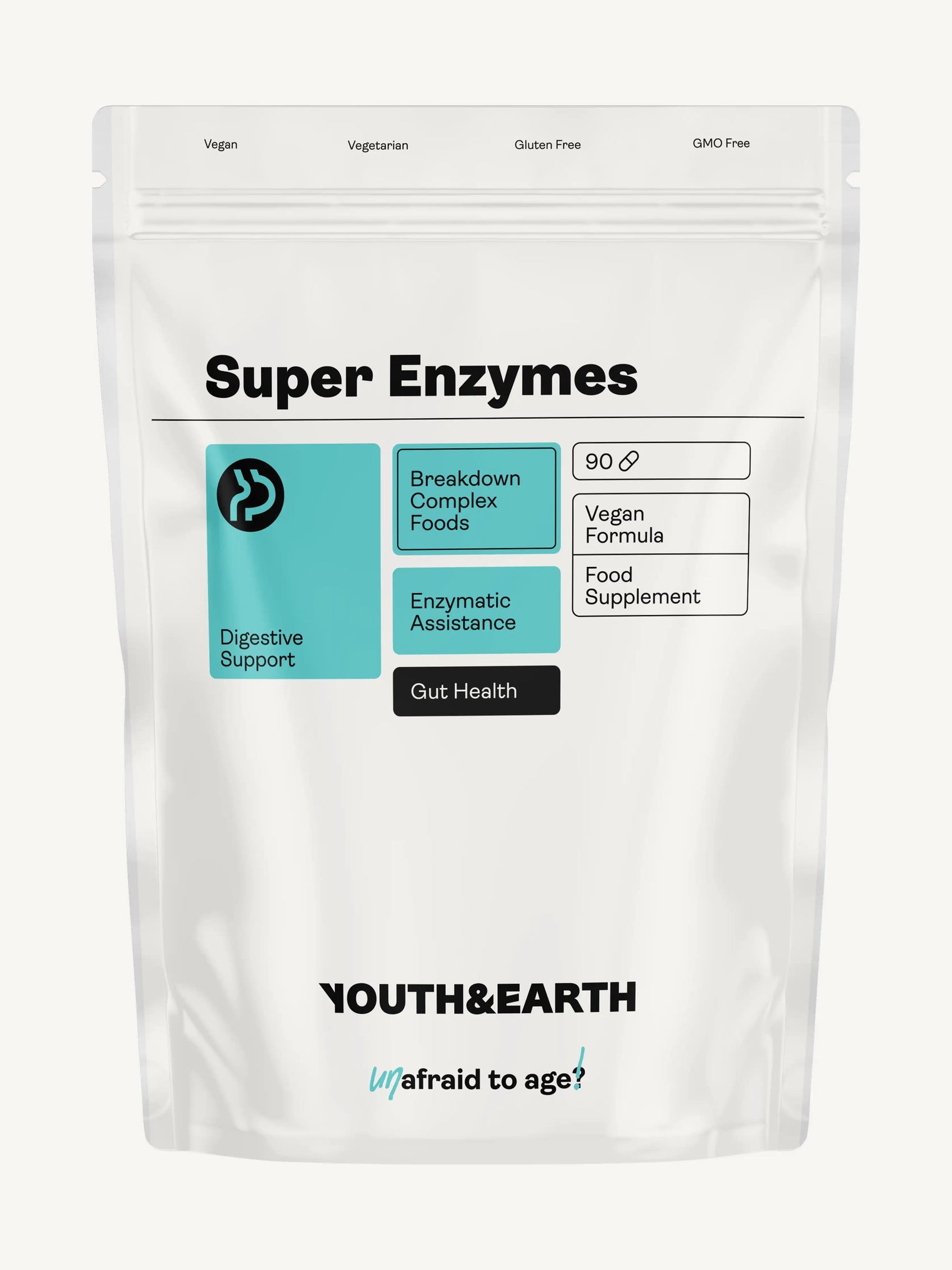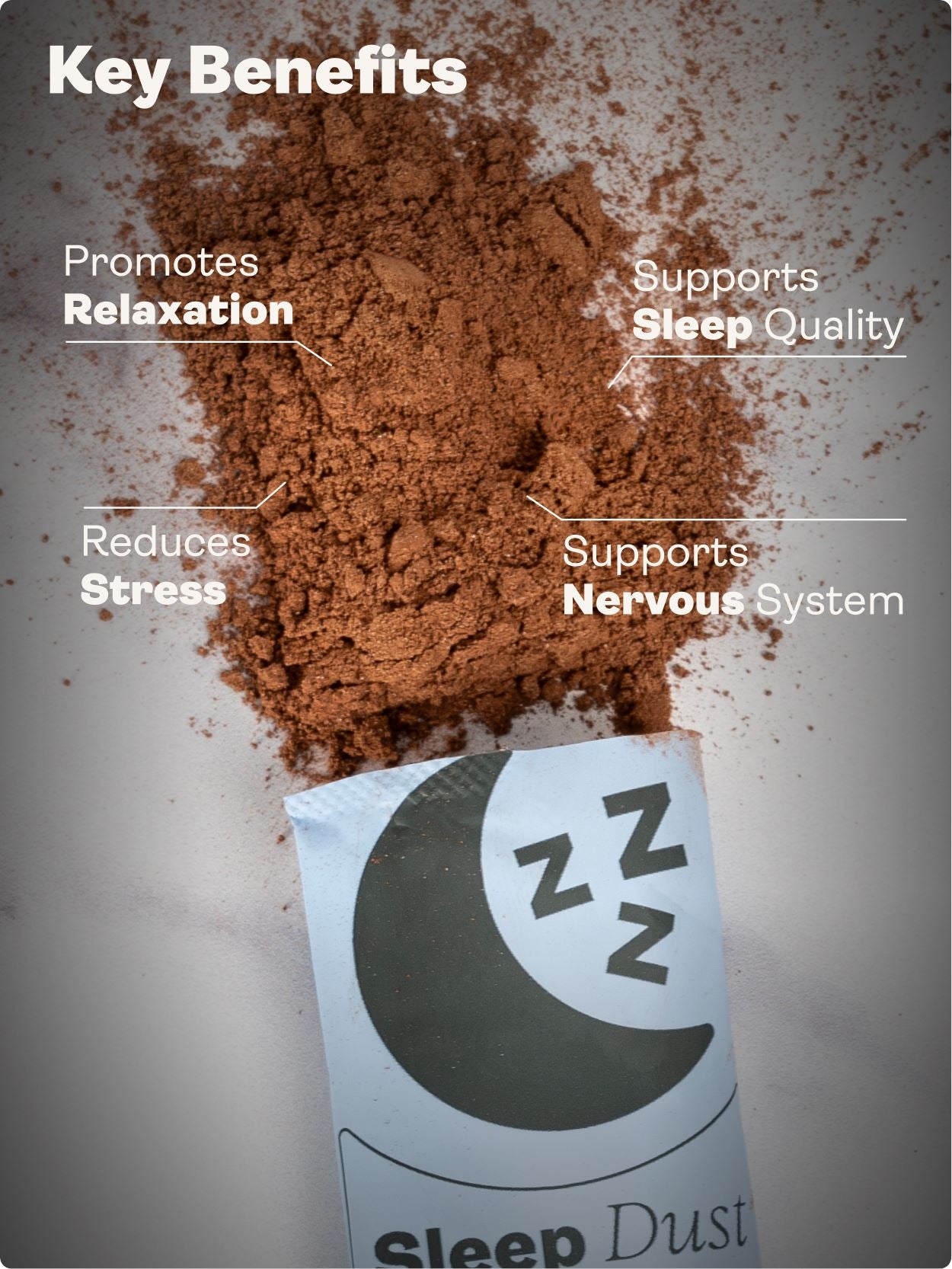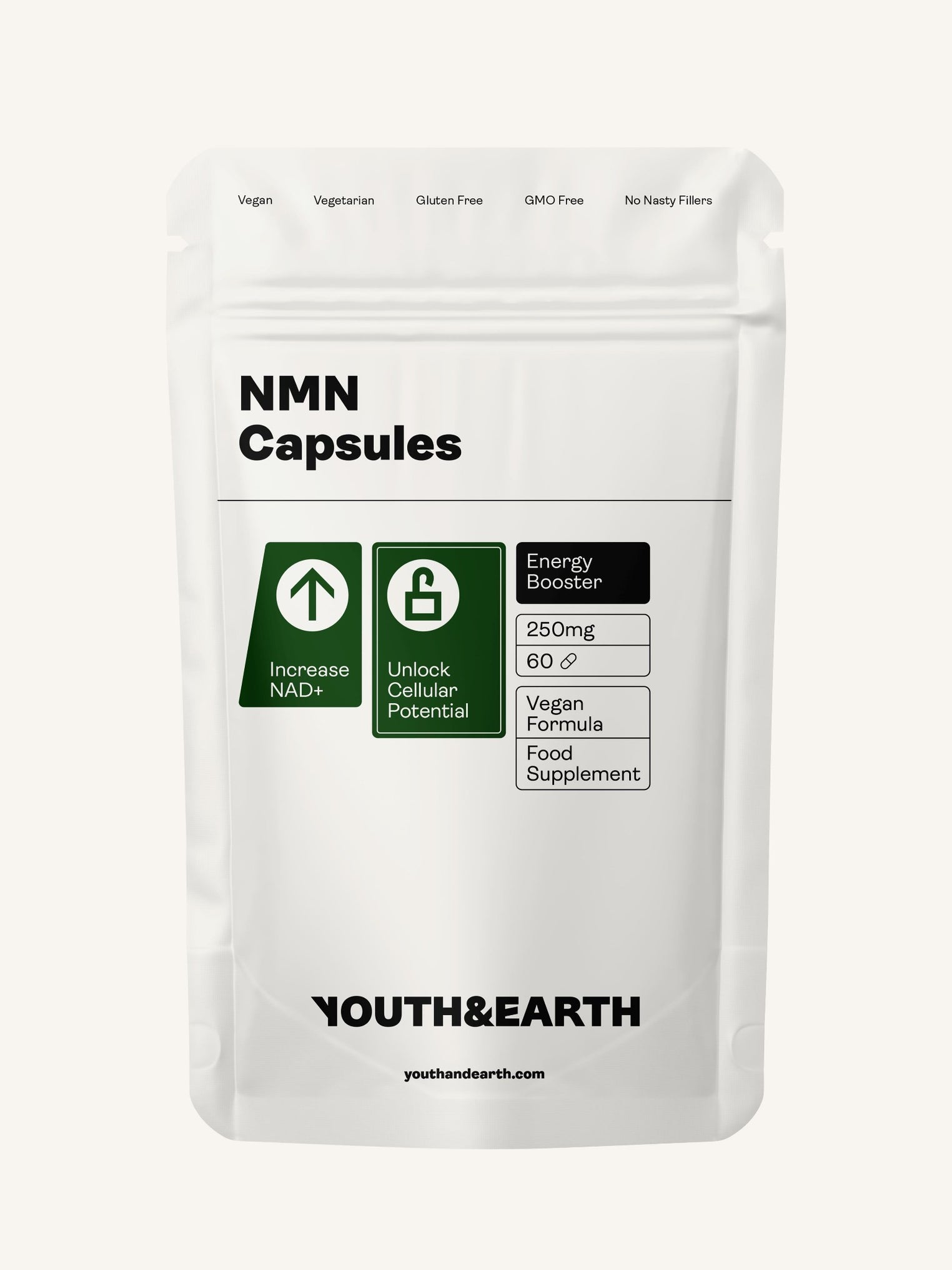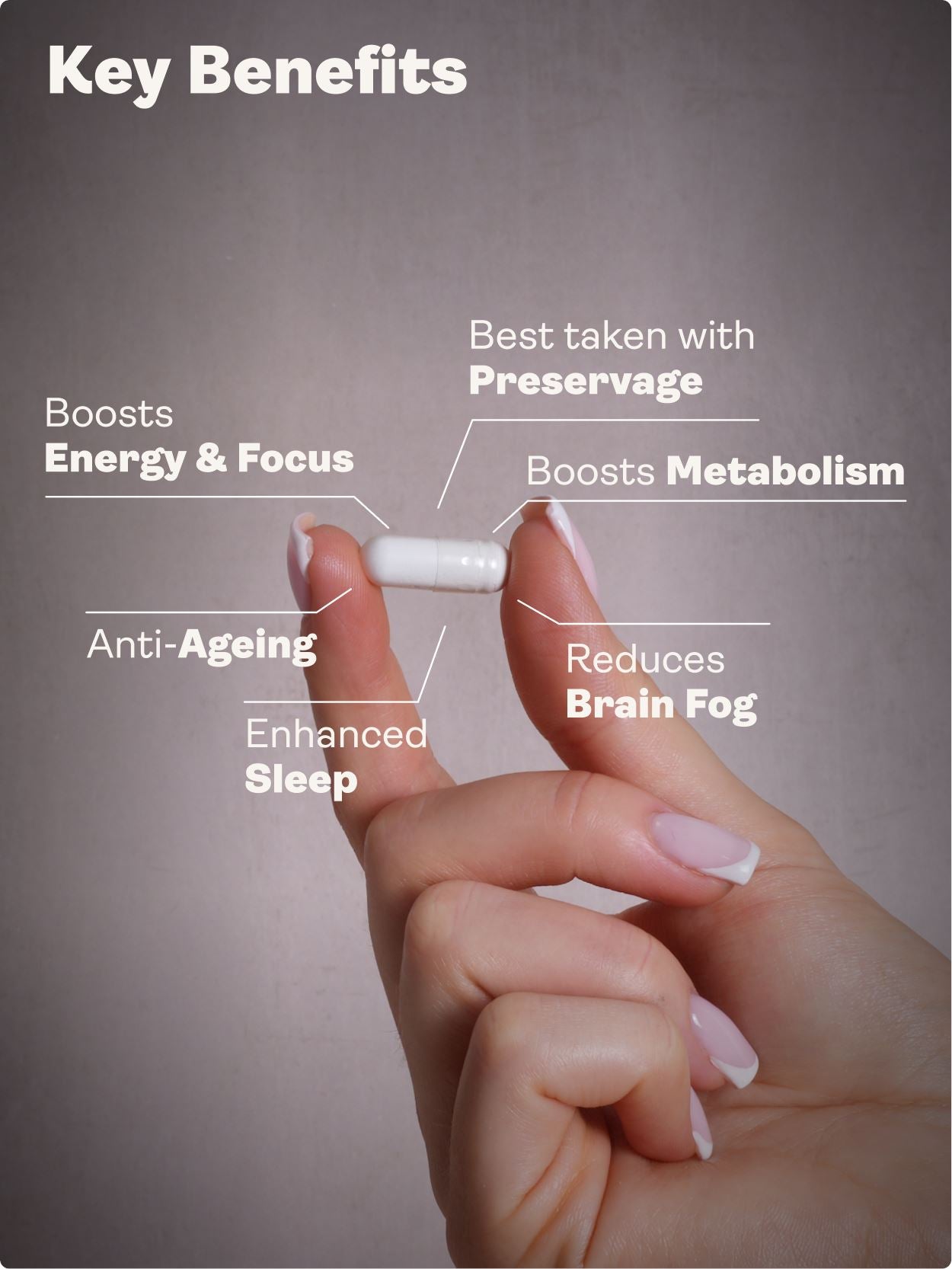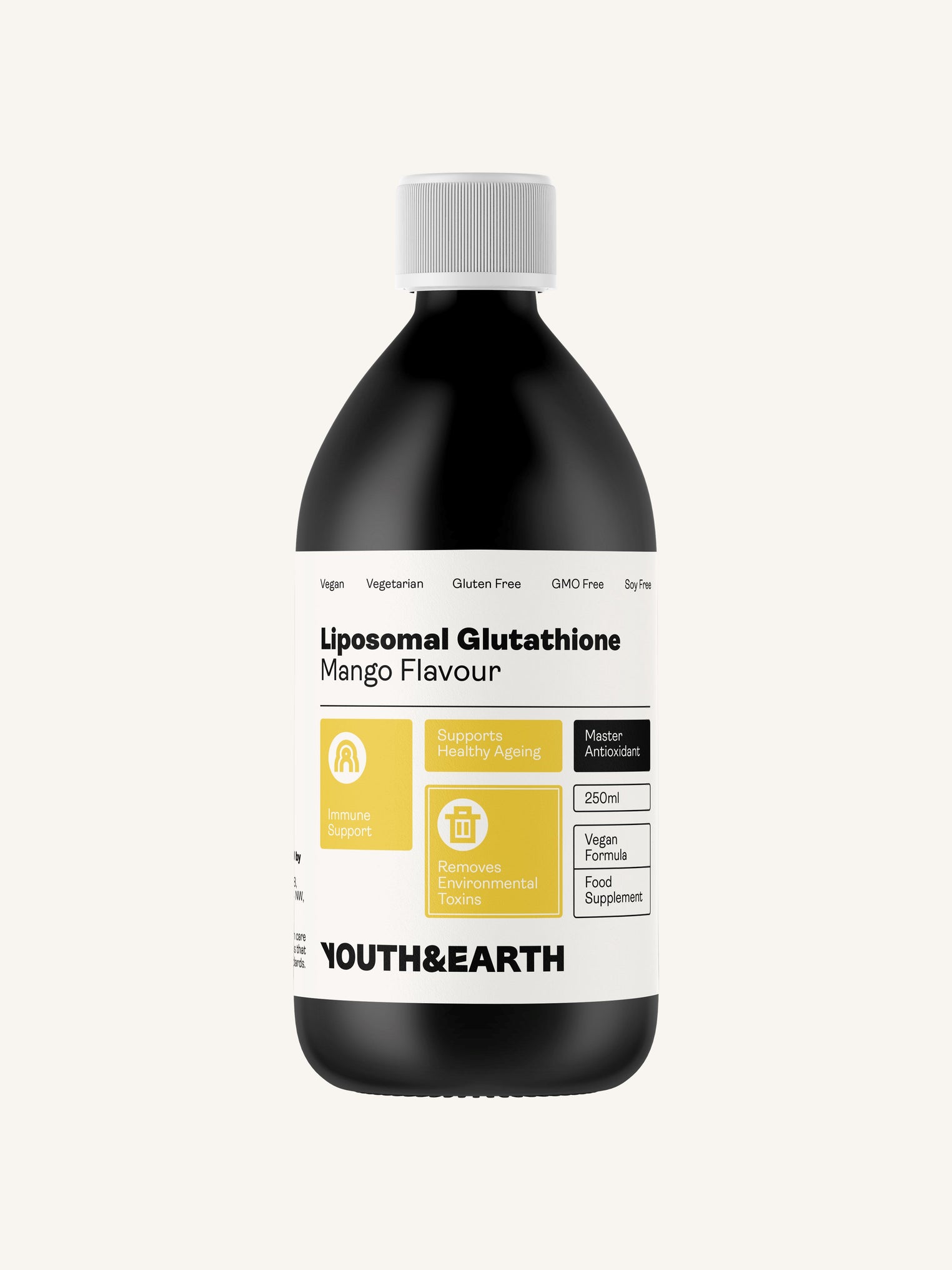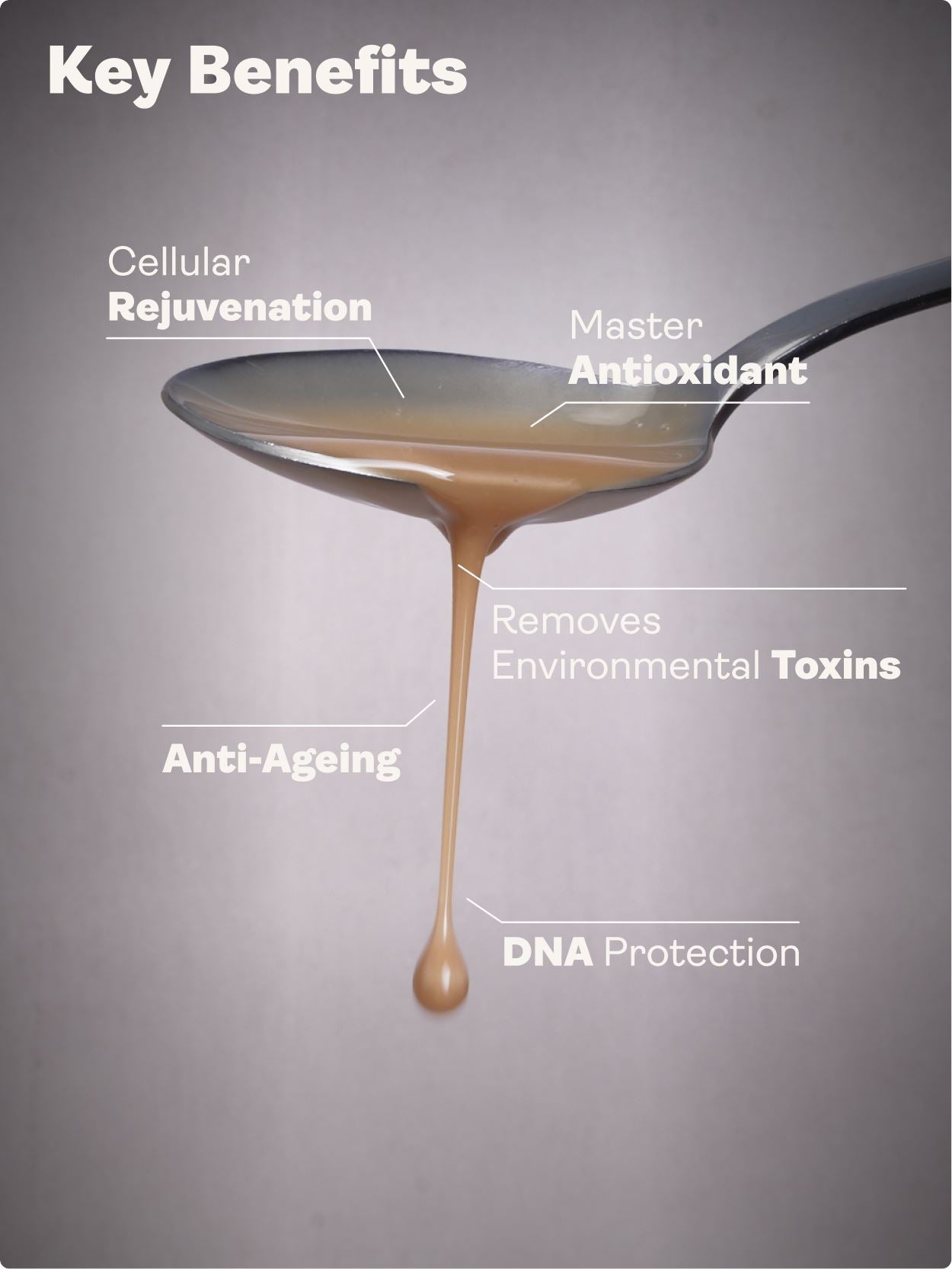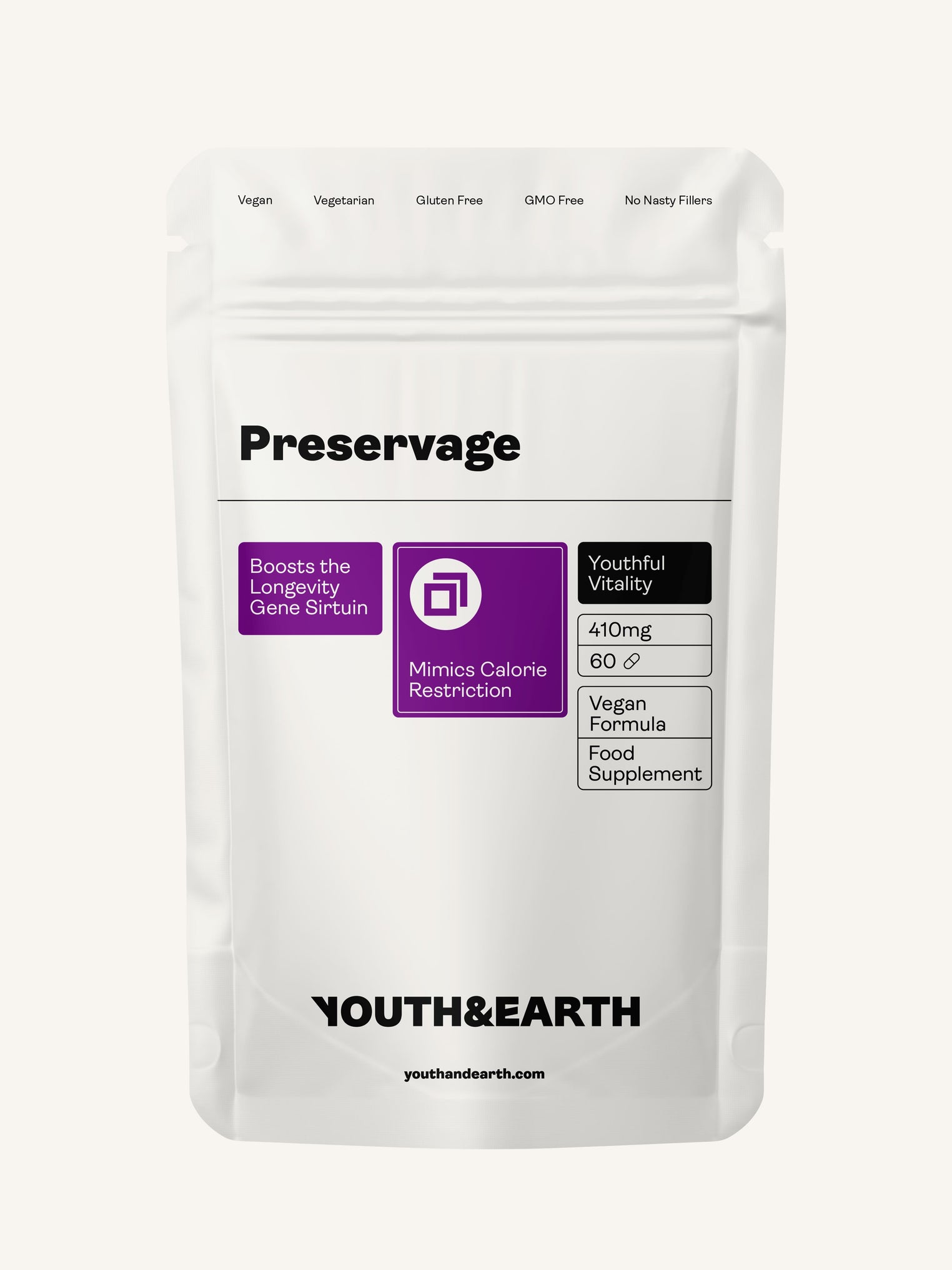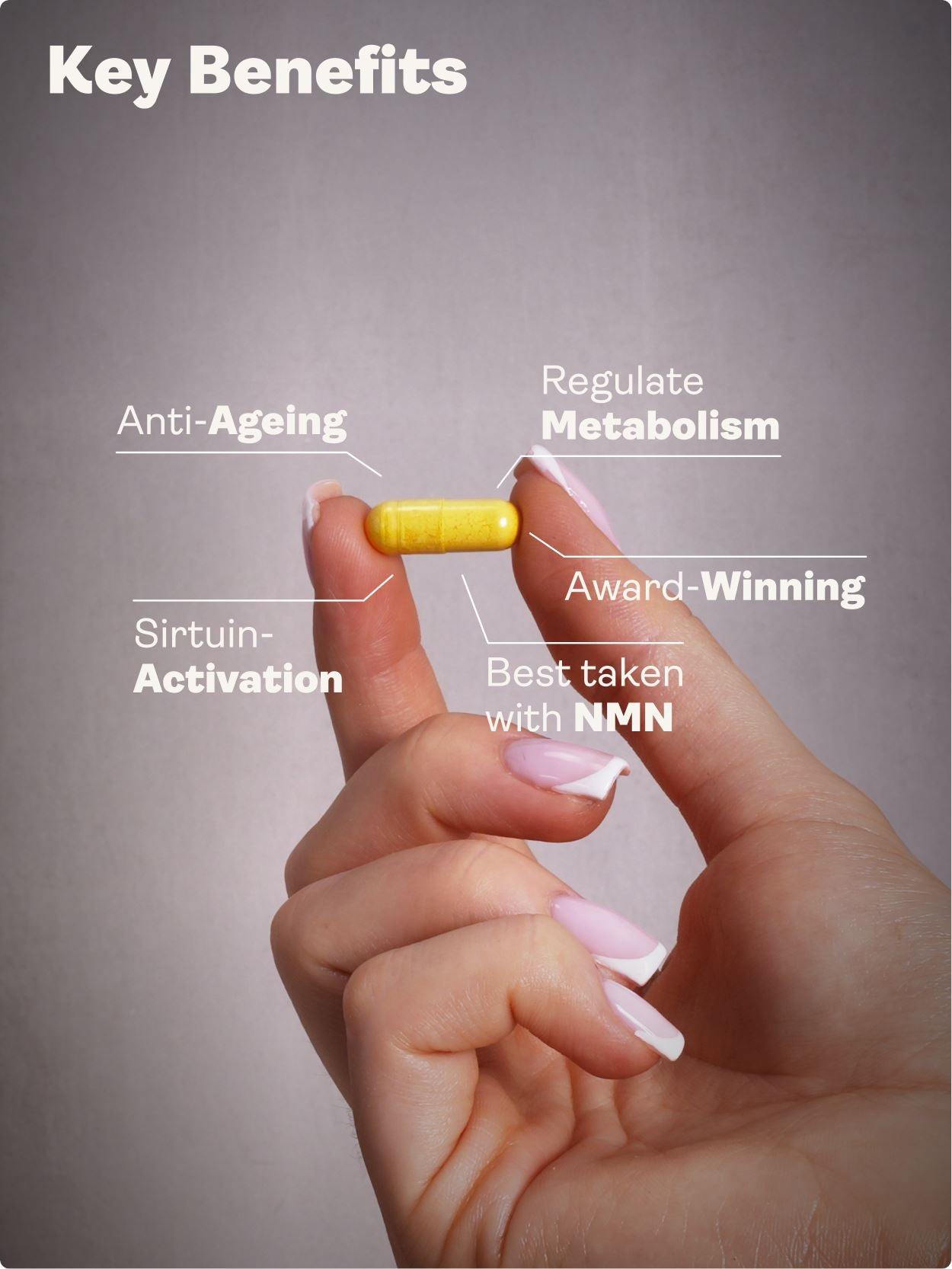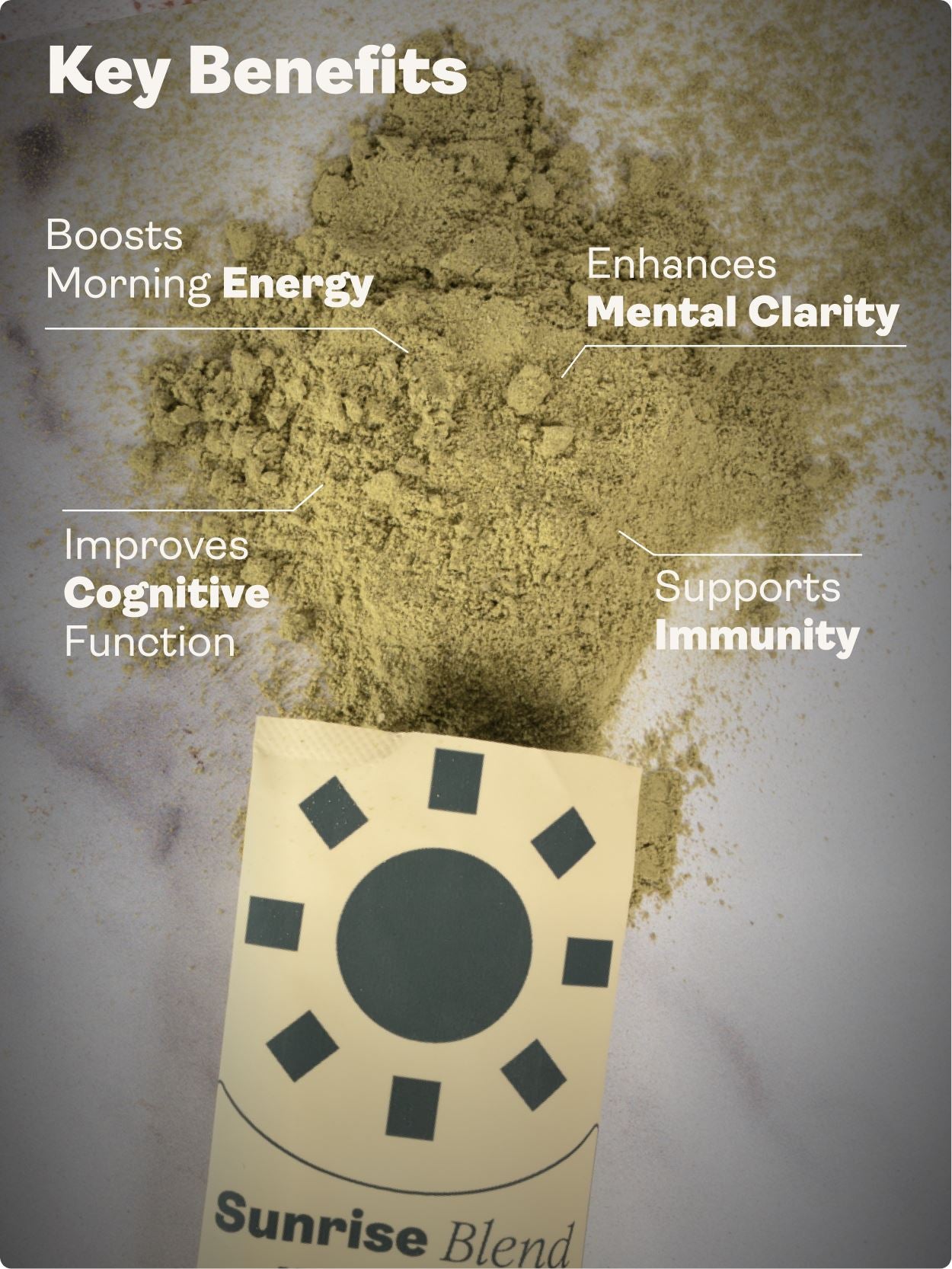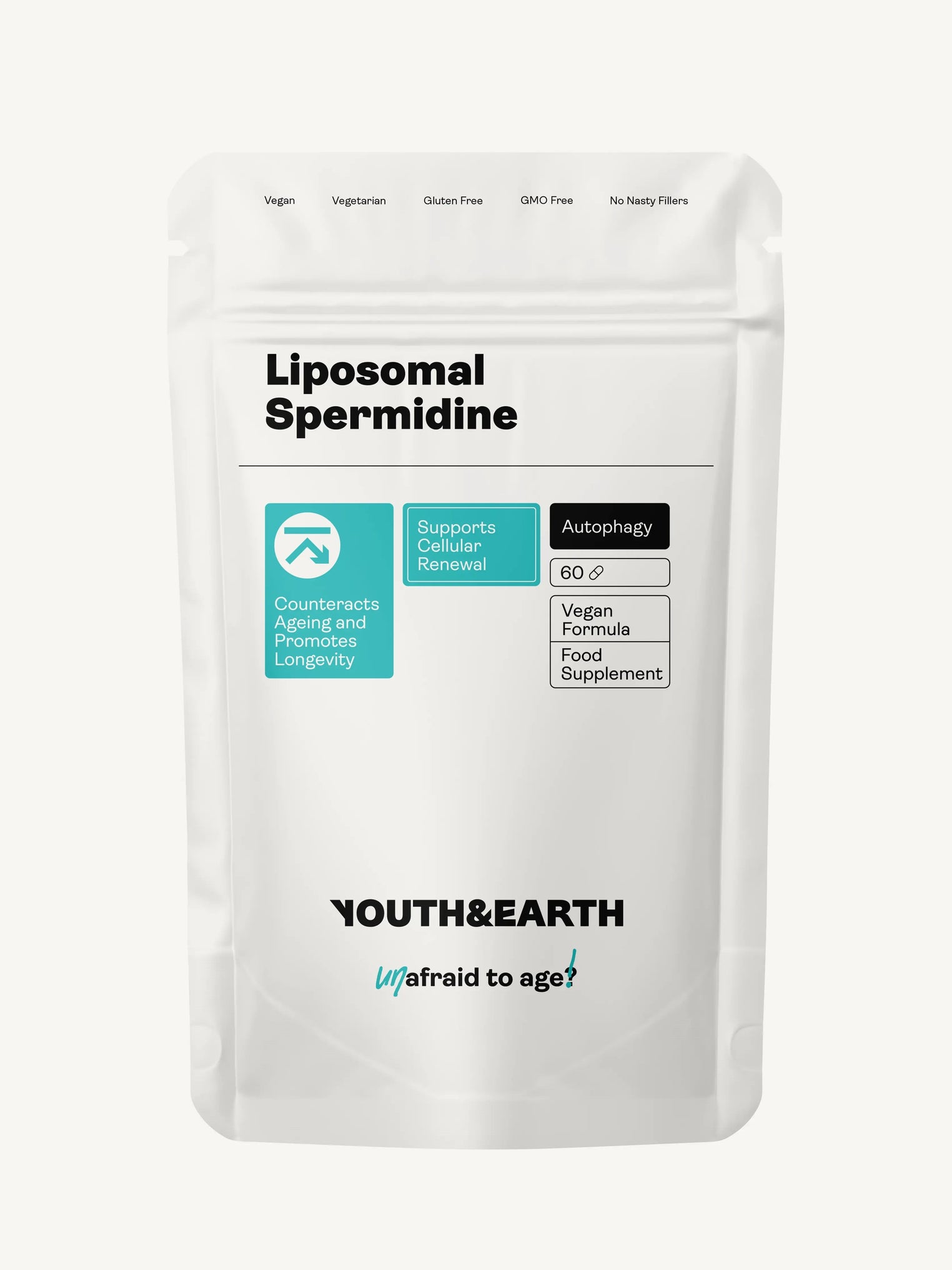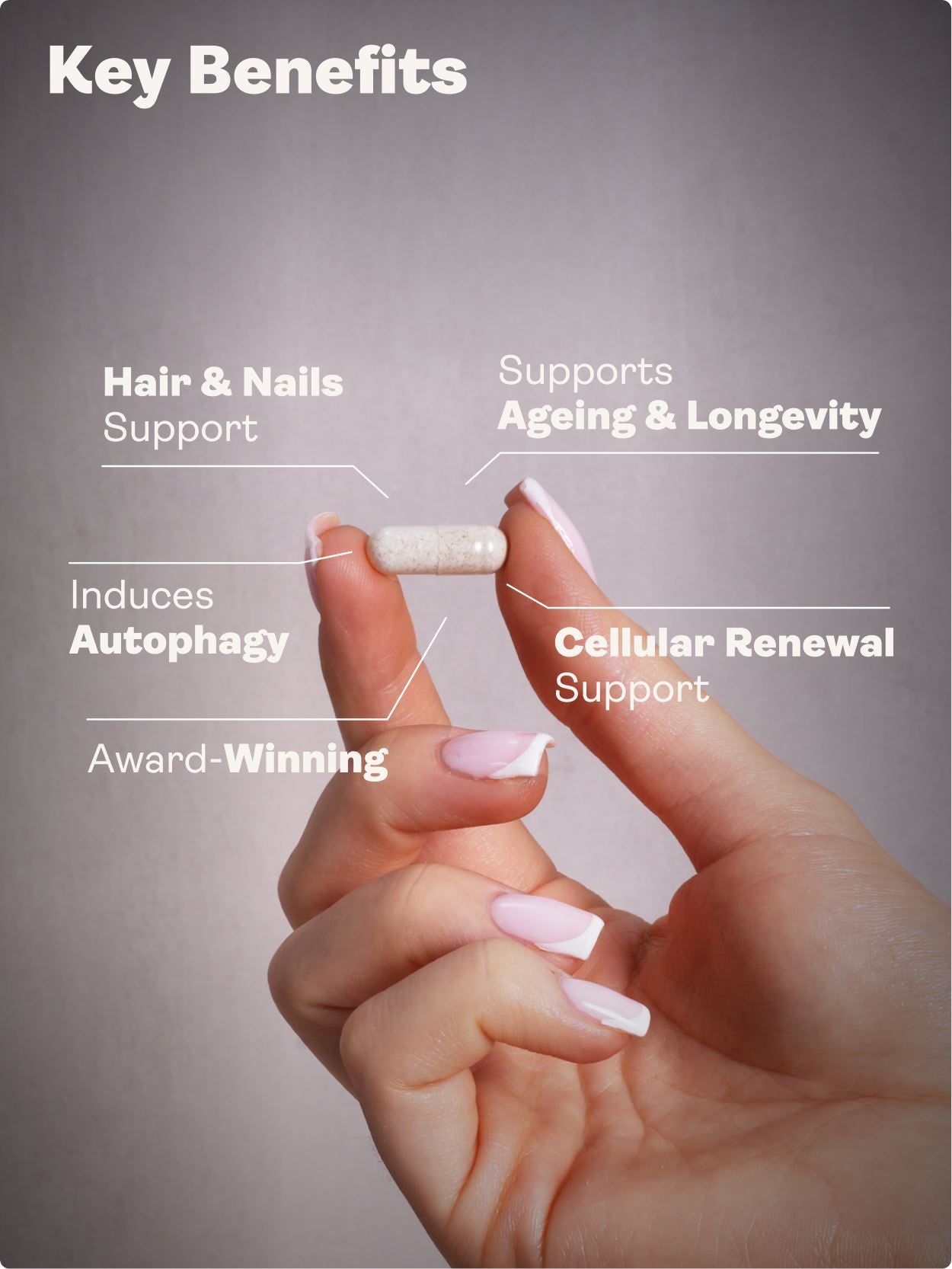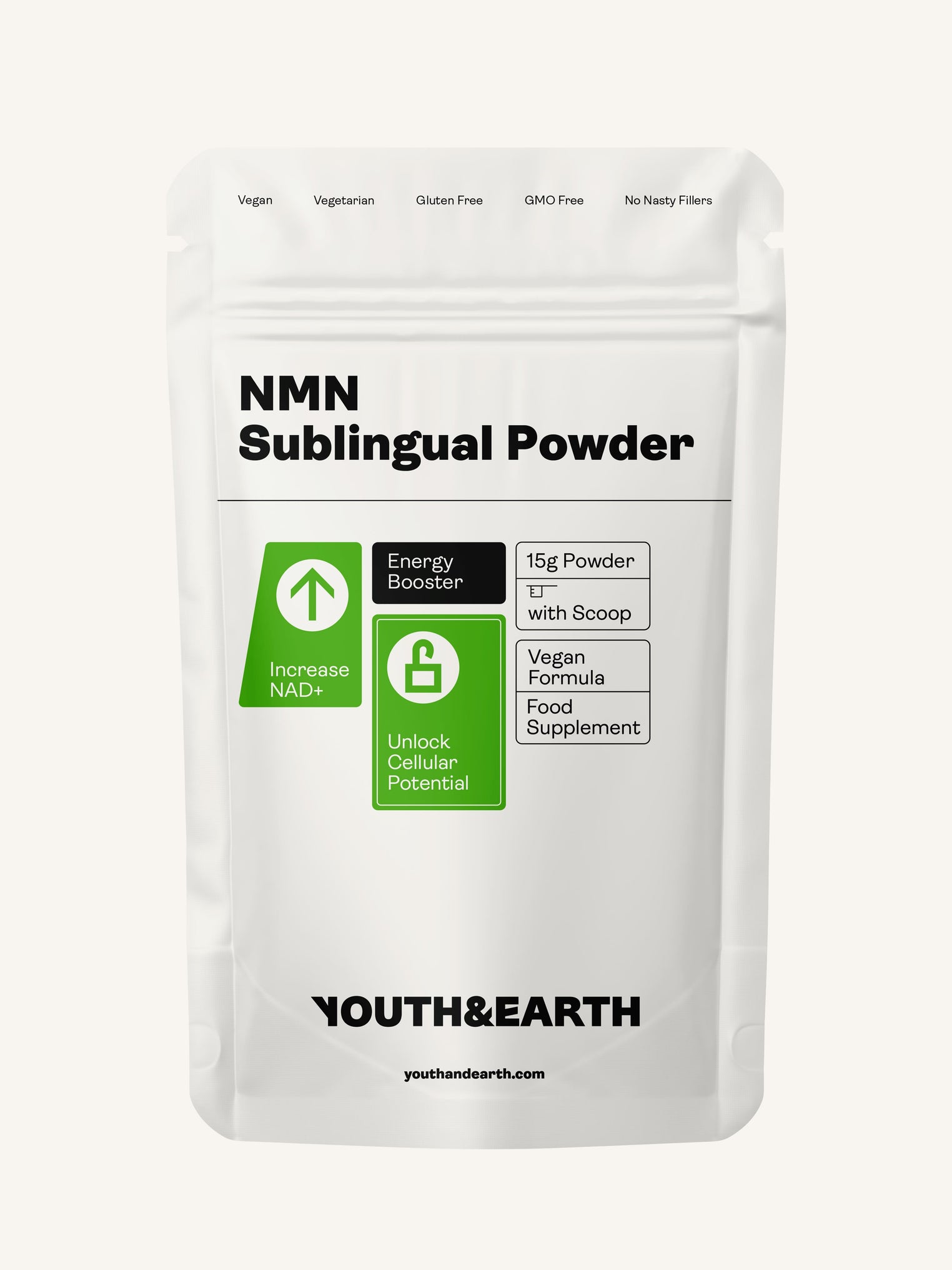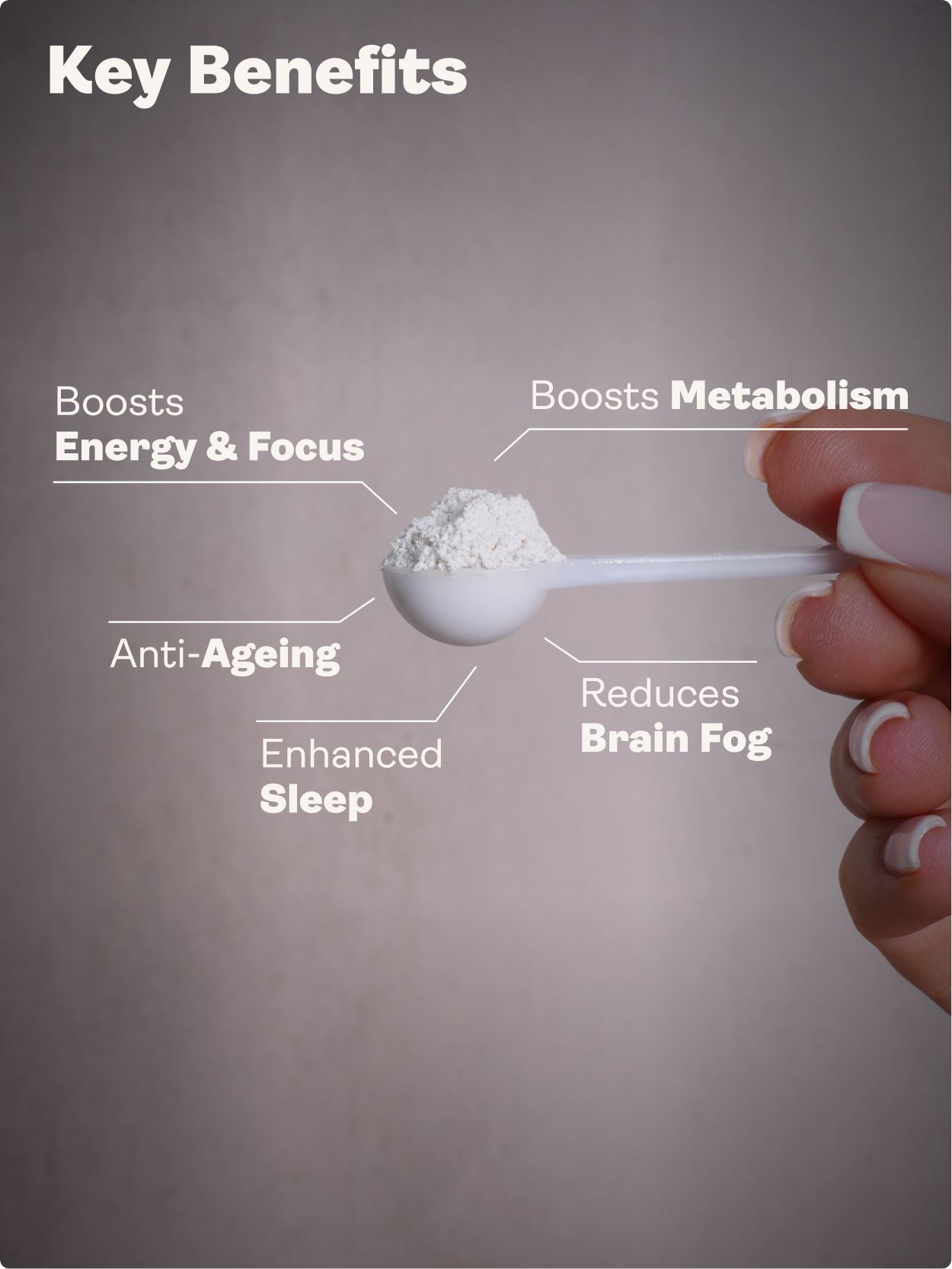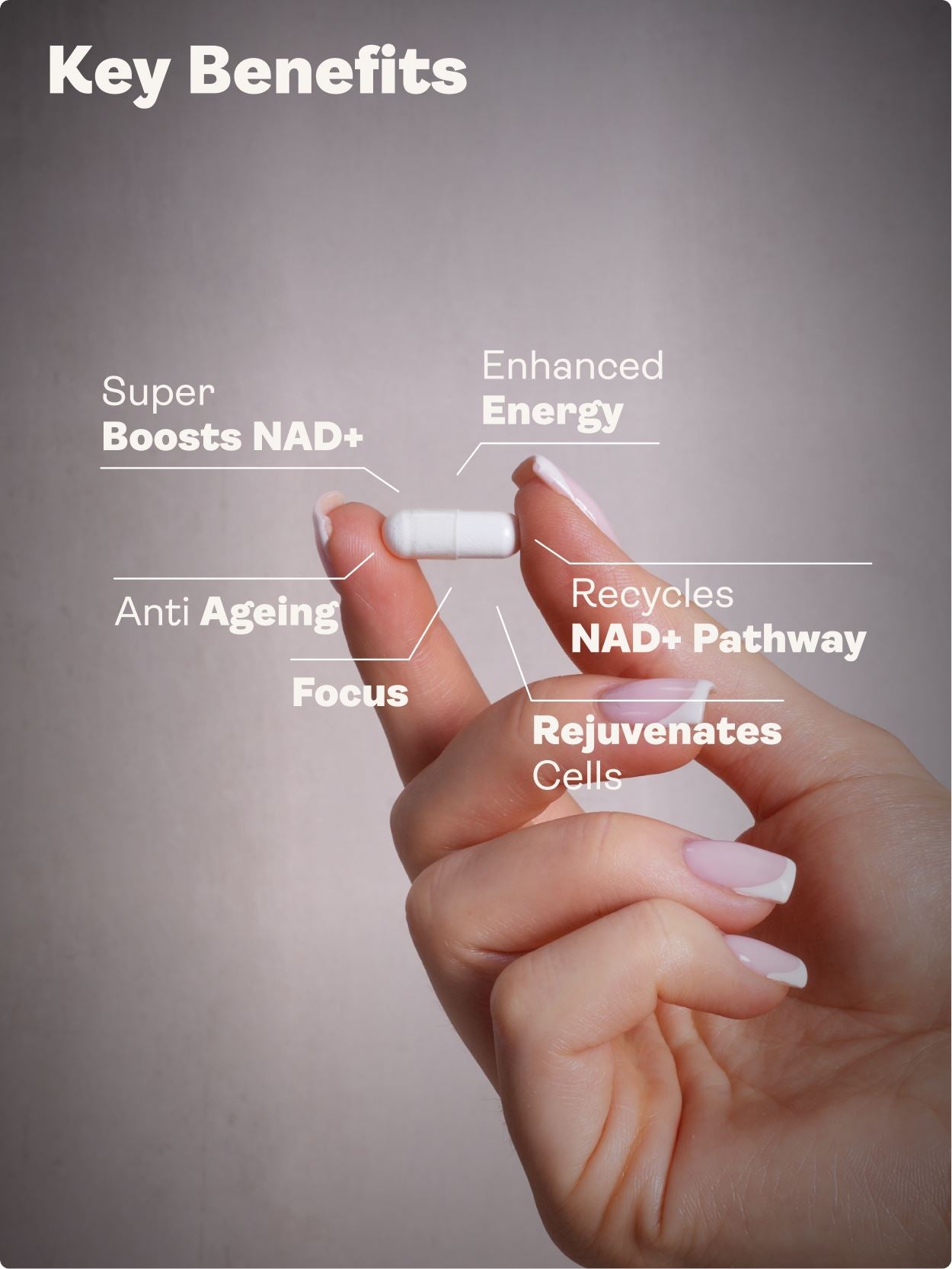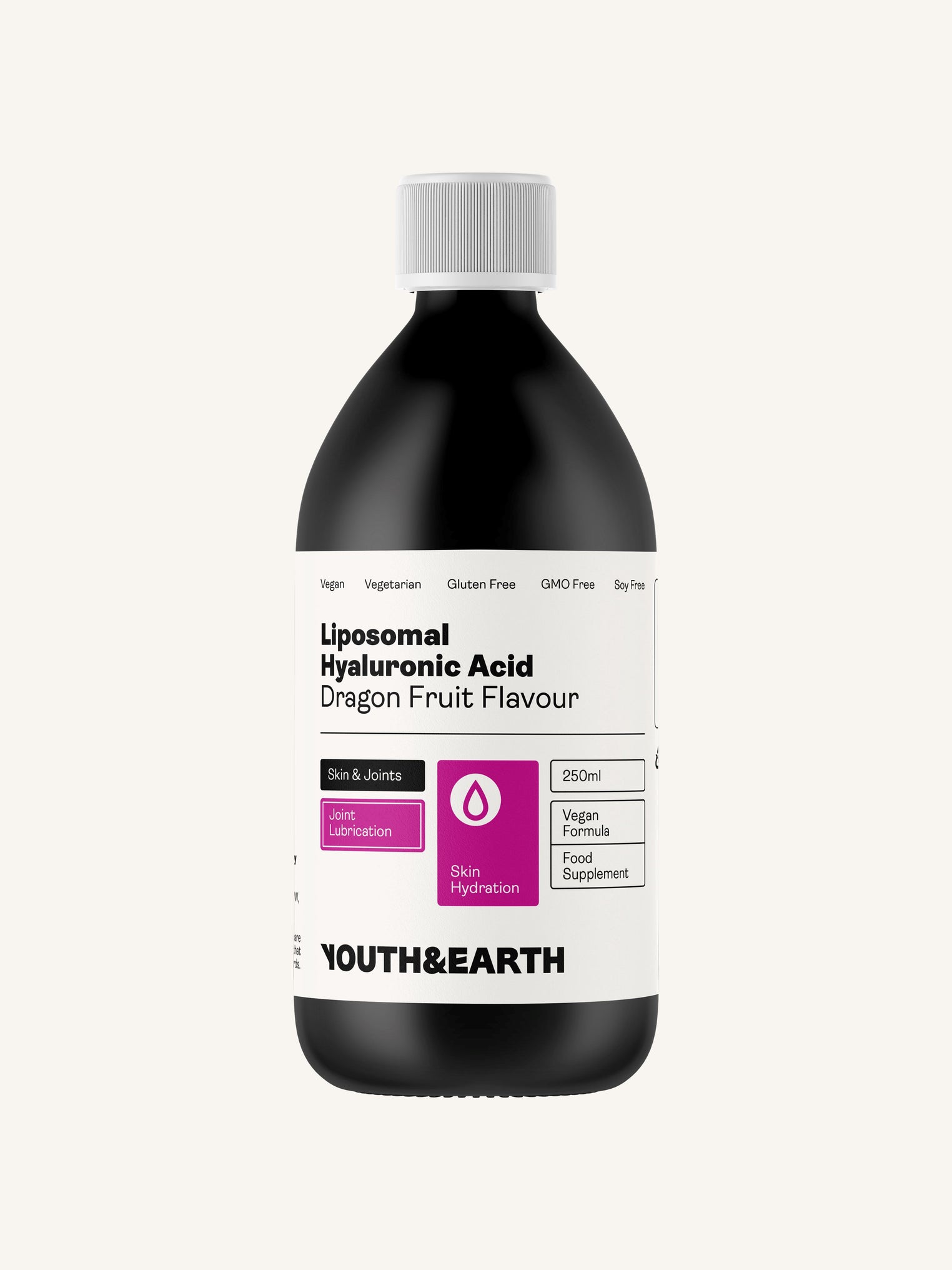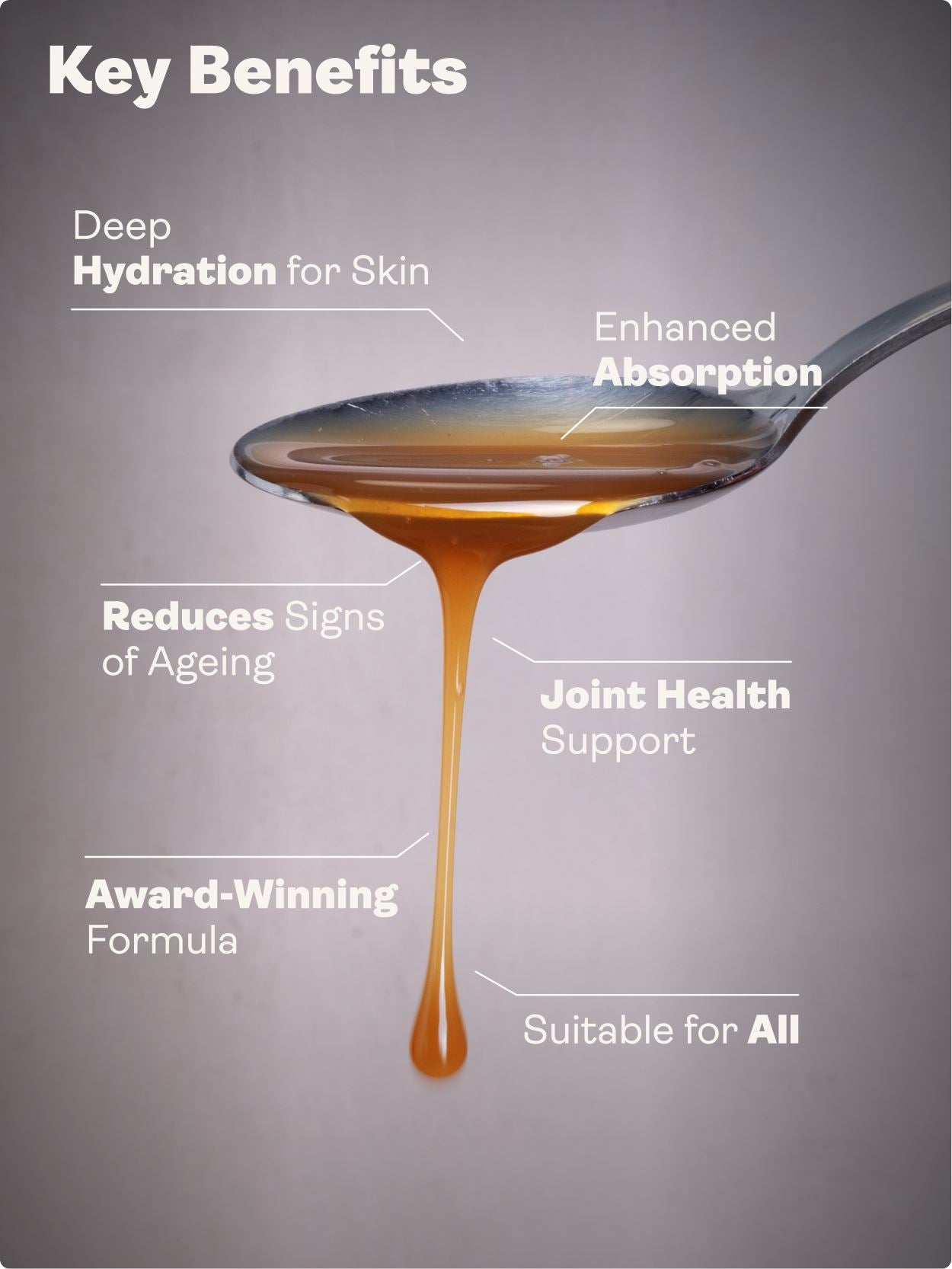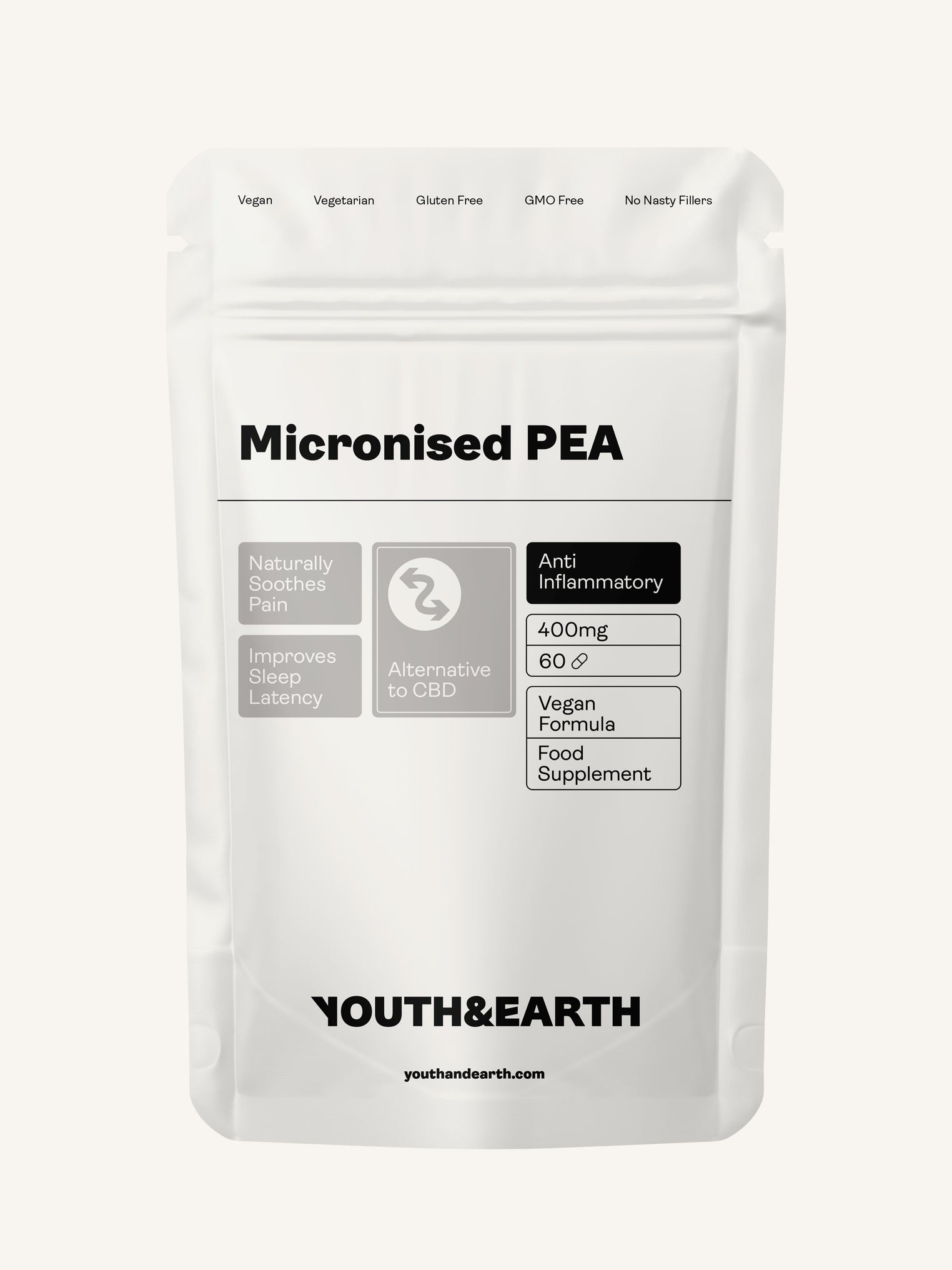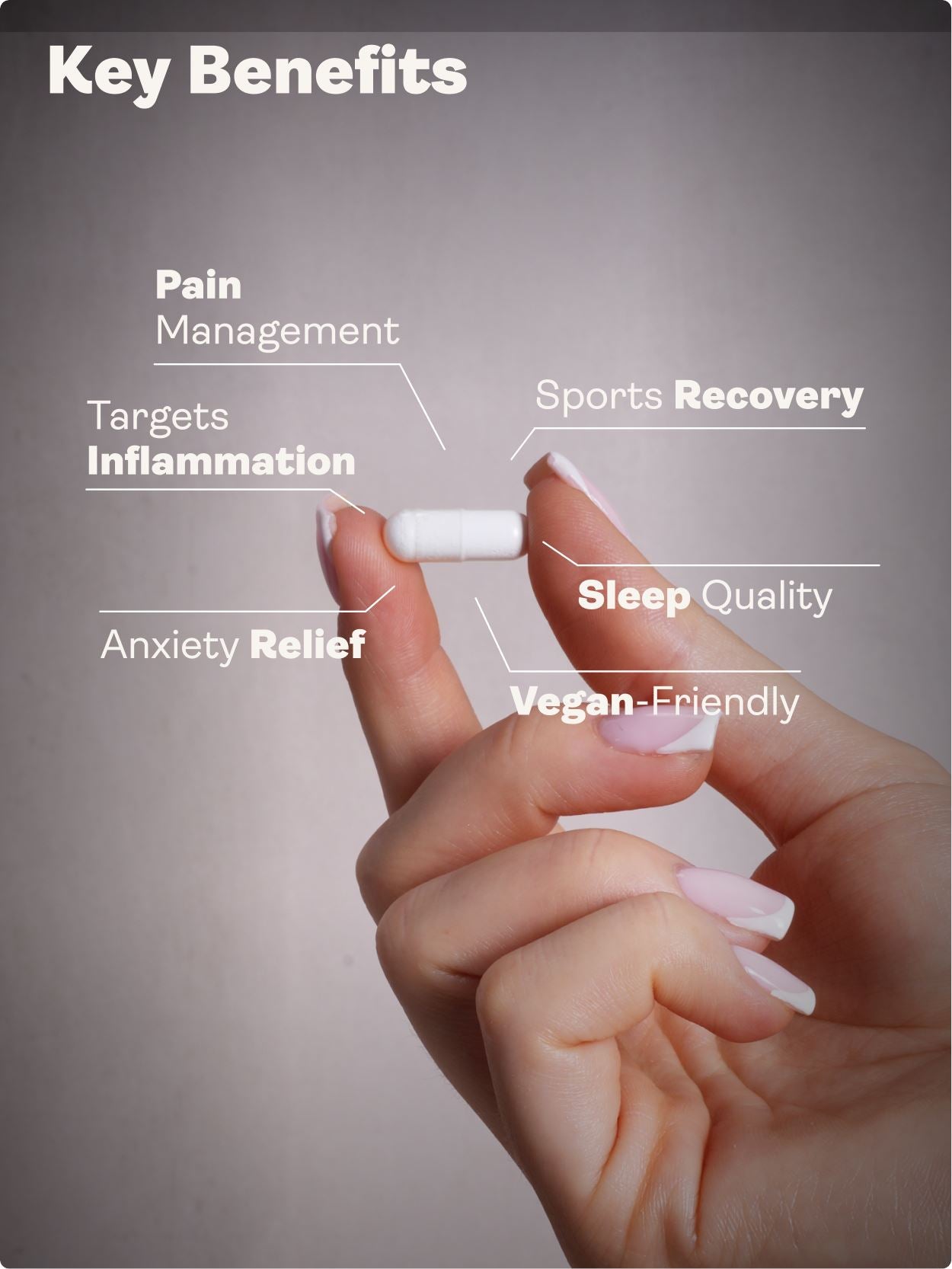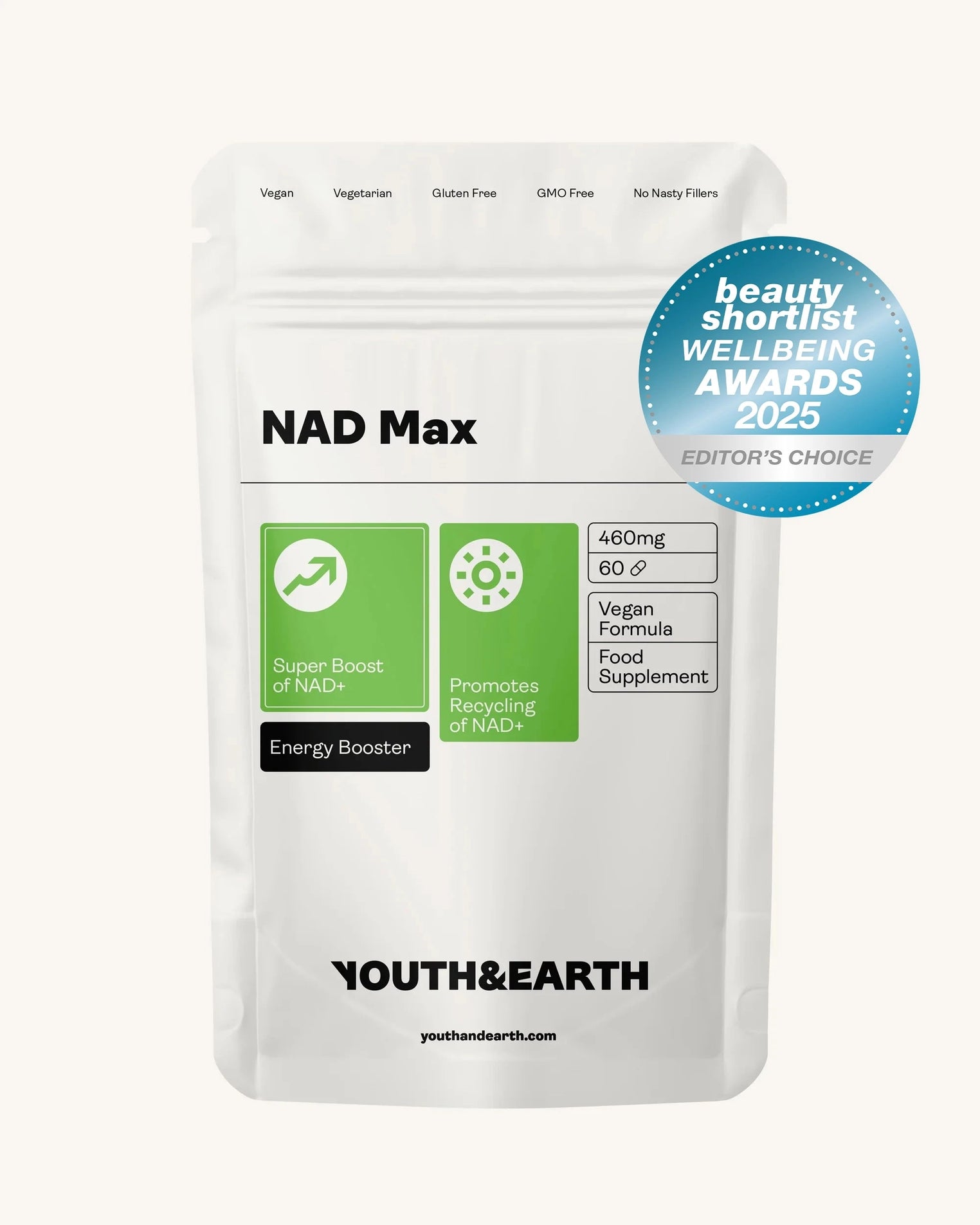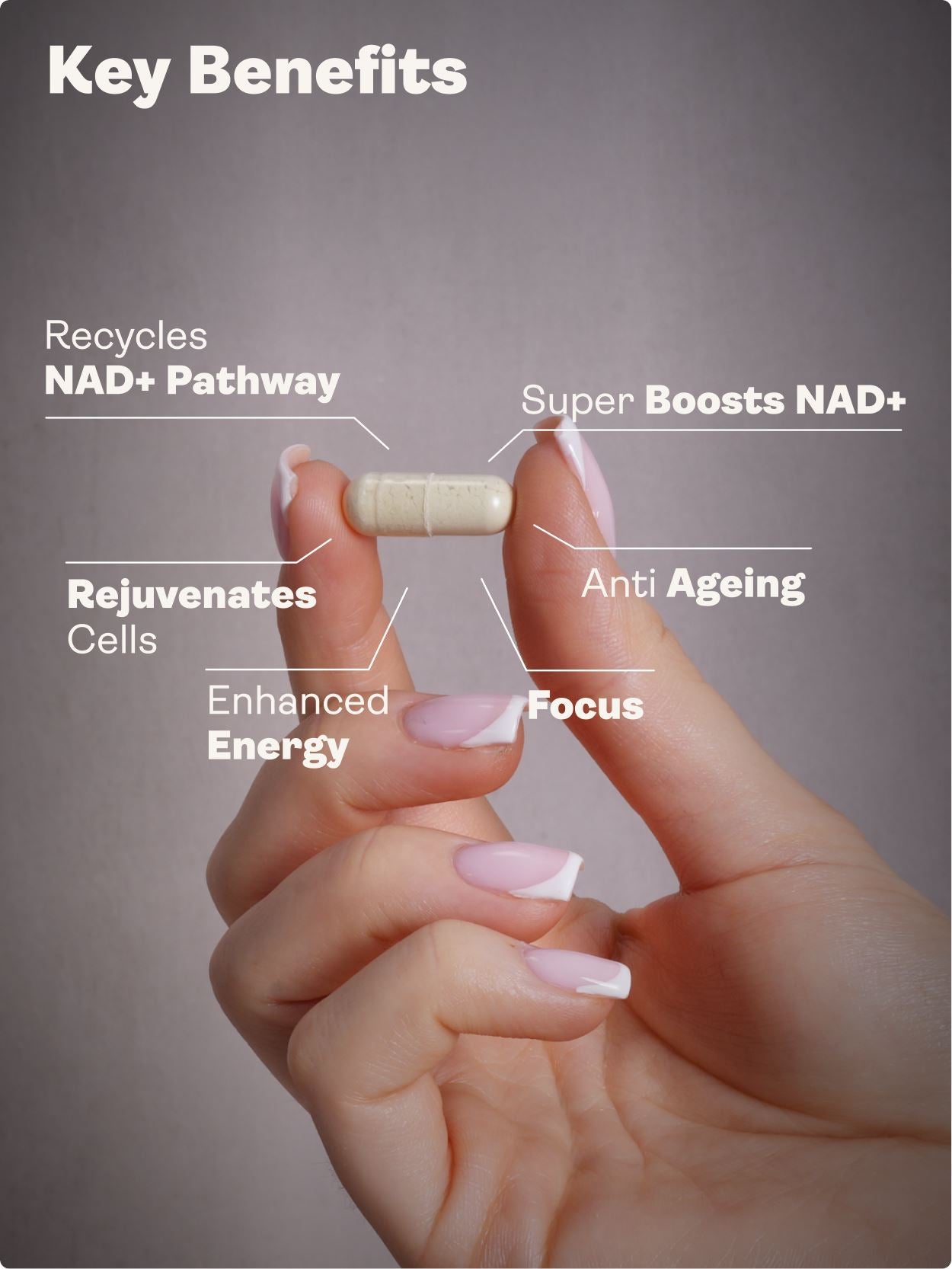Are GLP-1 medications the missing lever in your body recomposition—and can you use them without sacrificing muscle or long-term health and what if you could pair the appetite-calming power of GLP-1 with targeted training, nutrient density, and smart recovery to protect your healthspan?
TL;DR
GLP-1 (glucagon-like peptide-1) receptor agonists like semaglutide and tirzepatide reduce appetite, slow gastric emptying, and improve insulin sensitivity. They can unlock steady fat loss and better metabolic markers when used with a plan. Preserve lean mass with 1.6–2.2 g/kg/day protein and resistance training 2–4 times weekly. Build sleep and stress habits early, titrate doses slowly, and treat GLP-1s as a bridge to durable behaviours that support longevity and healthy ageing. Youth & Earth supplements can be used to complement these goals in a supportive, non-medical way.
Science Snapshot
This fast overview collects the core scientific ideas that matter for biohacking, anti-ageing, and longevity:
- Appetite & reward: GLP-1s act on gut–brain signalling to reduce “food noise” and cravings.
- Gastric emptying: Slower emptying increases satiety, which helps spontaneous calorie reduction.
- Insulin sensitivity: Better glycaemic control reduces glycaemic variability and metabolic stress.
- Inflammation & lipids: Weight loss and improved metabolic markers often move together.
- Muscle protection is not automatic: Pair GLP-1 with protein and resistance training to preserve lean mass.
- Longevity links: Healthier body composition, improved glucose handling, and lower visceral fat support healthy ageing and potentially extend healthspan.
What Are GLP-1 Medications?
GLP-1 (glucagon-like peptide-1) receptor agonists are medications that mimic the hormone GLP-1 to help regulate appetite and support glucose management. Common options include semaglutide and tirzepatide. Although first used in type 2 diabetes, they are now widely used for obesity and body recomposition under professional supervision.
In the real world, many people report calmer cravings, fewer impulsive choices, and an easier time sticking to a protein-forward eating pattern. This creates a valuable window to hardwire habits linked to longevity and anti-ageing, such as strength training and better sleep.
How GLP-1 Works (Mechanisms You Can Use)
Appetite & Satiety
GLP-1s reduce food-seeking behaviour by affecting gut–brain pathways and reward systems. Reduced “food noise” frees up willpower for training, meal quality, and recovery.
Gastric Emptying
Slower gastric emptying can make smaller meals feel more filling. This is useful for calorie control. Some people notice reflux or bloating if dose titration is too fast or meal sizes remain large.
Insulin Sensitivity
Improved insulin sensitivity makes it easier to handle carbohydrates and stabilise energy. More stable glucose supports training, daily activity, and cognitive focus.
Body Composition Synergy
GLP-1s can facilitate a modest energy deficit. Pairing that with progressive resistance training and adequate protein shifts the weight you lose away from muscle and toward fat, which is crucial for metabolic health and anti-ageing.
Benefits Beyond Weight Loss
- Metabolic upgrades: improved insulin response, reduced triglycerides, and support for fatty liver improvement.
- Cardiometabolic risk factors: favourable changes in blood pressure and lipid profiles for many users.
- Behaviour change window: with appetite lower, it is easier to adopt habits that drive longevity and healthy ageing.
- Quality of life: less intrusive cravings and steadier energy make consistent training and meal prep more realistic.
Risks, Side Effects & Who Should Be Cautious
Common Effects
Nausea, fullness, reflux, bloating, and constipation are the most frequently reported. These are often related to dose escalation speed and meal size.
Muscle Loss Risk
Rapid weight loss without a plan can cost lean mass. The antidote is simple: a structured strength plan, adequate protein, and sufficient sleep.
Medical History Matters
Discuss thyroid disease, pancreatitis, gallbladder disease, severe reflux, or complex GI history with a prescriber. Individualise the decision, dosing, and monitoring.
Using GLP-1 the Right Way
1) Build Foundations First
Secure your basics before or alongside initiation: three protein-centred meals, 7–9 hours of sleep, a simple strength routine, and daily walks. Baseline labs such as fasting insulin, HbA1c, thyroid panel, lipids, iron status, and Vitamin D give context.
2) Start Low, Go Slow
Titrate conservatively. Increase only when you are symptom-stable. The right dose is the lowest one that yields steady progress.
3) Protect Muscle on Purpose
Target 1.6–2.2 g protein per kilogram body weight daily, lifted across 3–4 meals. Strength train 2–4 times weekly with progressive overload. Consider creatine if appropriate and ensure recovery.
4) Use Your “Food Noise Holiday”
Use quieter appetite to learn new defaults: protein at breakfast, pre-planned shops, batch cooking, and regular training slots. These behaviours sustain results after tapering.
Biohacking & Natural Optimisation Strategies
Whether you use GLP-1 or not, these levers support longevity, anti-ageing, and resilient metabolism:
- Protein-first meals: 25–45 g per meal. Add leucine-rich sources (eggs, dairy, meats, whey) to trigger muscle protein synthesis.
- Fibre & resistant starch: legumes, cooled potatoes/rice, oats, and green bananas support the microbiome and satiety.
- Polyphenol-rich plants: berries, dark cocoa, olive oil, herbs, and spices contribute to metabolic and vascular health.
- Movement stack: strength training 2–4 times weekly; daily walking; optional short HIIT finishers if recovery permits.
- Sleep & circadian rhythm: consistent lights-out, morning light exposure, and a wind-down routine stabilise appetite hormones.
- Stress hygiene: breathwork, nature time, and short mindfulness sessions reduce hedonic eating impulses.
Youth & Earth supplements can be used to support a longevity and anti-ageing regimen in a complementary, non-medical way—such as products that focus on nutrient density, mitochondrial support, and recovery. Use them to reinforce dietary quality and training recovery as you build sustainable habits.
Comparison Tables
Table 1 — GLP-1s vs Natural Optimisation
| Dimension | GLP-1 Medications (e.g., semaglutide, tirzepatide) | Natural Optimisation (diet, training, sleep) |
|---|---|---|
| Primary effect | Reduces appetite, slows gastric emptying, improves insulin sensitivity | Controls intake through food quality and structure; improves insulin sensitivity via training and sleep |
| Speed of change | Often faster initial fat loss | Slower but sustainable |
| Lean mass protection | Requires deliberate protein and strength training | Strong with consistent resistance training and protein |
| Side effects | GI symptoms possible; dosing matters | Minimal; training soreness, adaptation fatigue |
| Long-term plan | Prefer tapering after habits lock in | Maintain indefinitely |
Table 2 — GLP-1 Options (At a Glance)
| Drug | Receptor Activity | Typical Delivery | Notes |
|---|---|---|---|
| Semaglutide | GLP-1 agonist | Weekly injection; oral forms exist | Well-known appetite suppression; GI effects vary by dose |
| Tirzepatide | Dual GIP/GLP-1 agonist | Weekly injection | Often robust weight loss responses; dosing still must be conservative |
| Liraglutide | GLP-1 agonist | Daily injection | Shorter acting; an alternative in some contexts |
Plateaus, Set-Point & Staying Unstuck
Plateaus are feedback. Before adjusting dose, audit your controllables:
- Protein: 1.6–2.2 g/kg/day, distributed across meals.
- Strength: 2–4 weekly sessions with objective progression.
- Sleep: 7–9 hours with consistent timing.
- Stress: daily decompression ritual and sunlight walks.
- Fibre & hydration: gradual fibre increases and electrolytes as needed.
Set-point adapts slowly. Target 0.25–0.75 kg/week loss to let your hypothalamus recalibrate. Faster loss raises rebound and cosmetic risks.
Special Considerations for Women (Peri/Post-Menopause, PCOS)
Hormonal shifts alter fat distribution, appetite, and recovery. Many peri/post-menopausal women and people with PCOS report feeling “stuck” despite doing the basics. GLP-1s can help unstick progress, but training and protein are still non-negotiable.
- Discuss thyroid/adrenal status and iron stores with your clinician.
- Prioritise strength training to counter sarcopenia and support bone health.
- Calm the nervous system: breathwork, nature exposure, and consistent sleep routines.
Muscle-First Body Recomposition Plan
Training
- 2–4 strength sessions/week with squats, hinges, pushes, pulls, and carries.
- Add short interval finishers 1–2 times/week only if recovery allows.
- Track reps in reserve and add load or reps weekly for progressive overload.
Protein & Meal Structure
- 25–45 g protein per meal; front-load breakfast to stabilise appetite.
- Leucine-rich sources (eggs, dairy, meats, whey) to trigger muscle protein synthesis.
- Use high-volume vegetables and fibre to support satiety and GI health.
Recovery & Everyday Movement
- 7–9 hours sleep; consistent wake and sleep times.
- Walk after meals to support glucose control and NEAT (non-exercise activity thermogenesis).
- Consider creatine and electrolytes if appropriate for your context.
Transitioning Off GLP-1 Without Rebound
Plan your exit from day one:
- Lock in three protein-centred meals and a simple weekly shop/cook rhythm.
- Keep a minimum effective dose of training that you can sustain year-round.
- Taper dosage gradually once habits are stable; avoid abrupt stops unless advised.
- Track waist and strength as well as weight; composition matters more than the scale alone.
Conclusion & Longevity Checklist
GLP-1s can be a powerful tool for fat loss and metabolic improvement, but the durable benefits come from what you build while using them. Treat the quieter appetite as an opportunity to hardwire behaviours that support healthy ageing and longevity.
Your GLP-1 Longevity Checklist
- Protein 1.6–2.2 g/kg/day, split across meals.
- Take creatine 3-5g per day.
- Strength training 2–4 times weekly; measurable progression.
- 7–9 hours sleep with a regular schedule.
- Daily walking, ideally after meals.
- Fibre 25–35 g/day, built gradually; hydration with electrolytes as needed.
- Stress hygiene: breathwork, nature, or mindfulness most days.
- Conservative dose titration; the lowest effective dose wins.
- Consider Youth & Earth supplements to complement a longevity and anti-ageing plan in a supportive way.
FAQs
Are GLP-1 medications only for diabetes?
No. While developed for type 2 diabetes, some GLP-1s are prescribed for obesity and weight management. Discuss suitability with your clinician.
Do GLP-1s cause muscle loss?
They can if you under-eat protein and avoid resistance training. With 1.6–2.2 g/kg/day protein and consistent strength work, you can preserve or even improve lean mass.
How do GLP-1s help weight loss?
They reduce appetite, slow gastric emptying (increasing satiety), and improve insulin sensitivity, which makes energy management easier.
What should I do if I plateau?
Audit protein, training progression, sleep, stress, fibre, and hydration before changing dose. Small, steady deficits work best for set-point adaptation.
Can diet and lifestyle boost GLP-1 naturally?
Protein-forward meals, fibre, resistant starch, and regular exercise can support satiety and insulin sensitivity, which align with GLP-1 pathways.
Is long-term use safe?
Use should be individualised and monitored. Many people benefit from a defined course with a planned taper once durable habits are in place.
Who should be cautious?
Anyone with a history of pancreatitis, certain thyroid conditions, severe reflux, or complex GI issues should consult a clinician for personalised risk–benefit assessment.
Glossary
- GLP-1
- Glucagon-like peptide-1; a gut hormone that regulates appetite and glucose control.
- Gastric emptying
- The speed at which food leaves the stomach; slower emptying increases satiety.
- Insulin sensitivity
- How responsive your cells are to insulin; higher sensitivity supports stable glucose.
- NEAT
- Non-exercise activity thermogenesis; everyday movement outside formal workouts.
- Progressive overload
- Gradual increases in load, reps, or volume to stimulate strength and muscle gains.
- Healthspan
- The years lived in good health and functional capacity, a core goal in longevity and anti-ageing.
Last Updated
Saturday, August 09, 2025, 05:23 PM BST
Medical Disclaimer
The content of this article is for informational purposes only. It is not intended to be a substitute for professional medical advice, diagnosis, or treatment. Always seek the advice of your physician or other qualified health provider before starting a new health programme. Do not ignore medical advice or delay seeking it because of something you have read on this site or any Youth & Earth product page.
Science References
- Overview of GLP-1 pharmacology, appetite regulation, and gut–brain signalling.
- Evidence for semaglutide and tirzepatide in weight management and metabolic risk reduction.
- Lean mass preservation strategies during weight loss: protein distribution, resistance training, and recovery.
- Glycaemic variability, insulin sensitivity, and cardiometabolic risk factors in lifestyle and pharmacotherapy contexts.
- Behavioural maintenance, weight-regain prevention, and the role of set-point adaptation.
.








